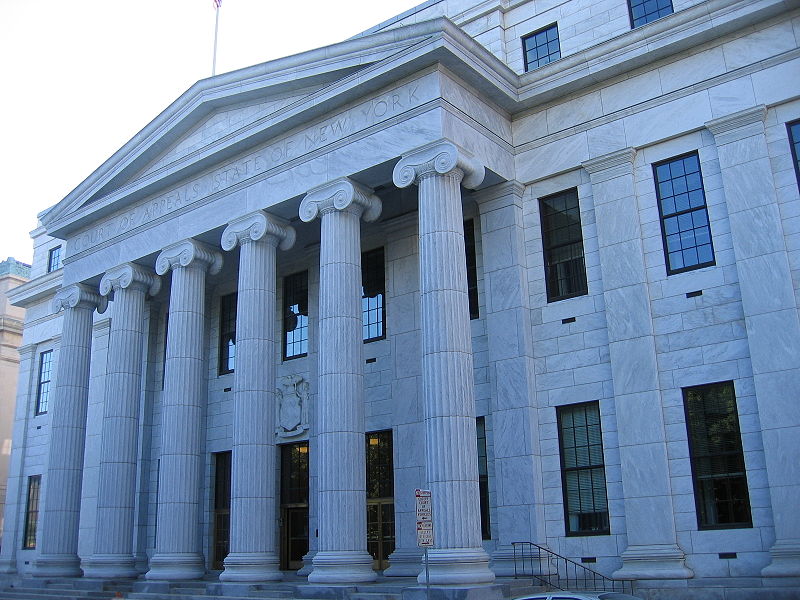Tech suits endanger innovation
May 30, 2012 | Source: New York Times
Regardless of the legitimacy of their claims, aggressive litigation could have a devastating effect on society as a whole, short-circuiting innovation.
For example, a series of court decisions in the 1990s made hip-hop music sampling all but impossible, forcing artists to get permission for every snippet they used — a logistical and financial nightmare. Lawsuits flew against several rappers, and a form of cultural expression virtually disappeared.
This experience carries a stark warning for the future of technology. High-tech behemoths in a range of businesses like mobile computing and search and social networking have been suing one another to protect their intellectual property from what they see as the blatant copying and cloning by their rivals.
The battle raging over smartphone technology is the latest case in point.
Patents on inventions, like copyrights on songs, are not granted to be fair to their creators. Their purpose is to encourage innovation, a broad social good, by granting creators a limited monopoly to profit from their creations. The belief that stronger intellectual property protection inevitably leads to more innovation appears to be broadly wrong.
Overly strong intellectual property laws that stop creators from using earlier innovations could slow creation over all and become a barrier for new technologies to reach the market.
One of Apple’s patents, for instance, appears to grant it ownership over any application based on a user’s location. Think of the Google map feature that pinpoints where you are. Or imagine an app showing nearby hospitals or the best deals in nearby pizzerias. If Apple enforced the patent aggressively, it could foreclose a vast array of innovation.
To compound the problem, critics argue, the Patent and Trademark Office regularly issues patents on inventions that are obvious or not new. Sometimes the patents are written too broadly. Apple, for instance, has patents on the concept of moving objects around on a mobile device’s screen using multiple touches.
Broad patents can hinder innovation by allowing dominant businesses to stop future inventions that would disrupt their business model.
Overly broad patents have given birth to an entire new industry of “patent trolls,” whose only business is to buy patents and sue for royalties.
Intellectual property rights could be improved to better serve their purpose of encouraging innovation. Carl Shapiro, an expert on information technology on President Obama’s Council of Economic Advisers, has suggested patent reforms, including making it easier to challenge patents after they are issued, culling the roster of overly broad or ambiguous claims, and allowing those accused of infringement to claim independent invention as a defense.
Perhaps software should not be patentable at all. In rulings since the 1970s, the Supreme Court has determined that abstract concepts like mathematical formulas cannot be patented. But software patents will never be banned, of course. Indeed, software patents exploded after an appeals court in 1998 upheld a patent on a method to pool the assets of mutual funds using a mathematical algorithm, establishing the patentability of a business method and the software to run it.
Intellectual property, meanwhile, keeps growing. The United States patent office awarded 248,000 patents last year, 35 percent more than a decade ago. Some will spur innovation. But others are more likely to stop it in its tracks.
